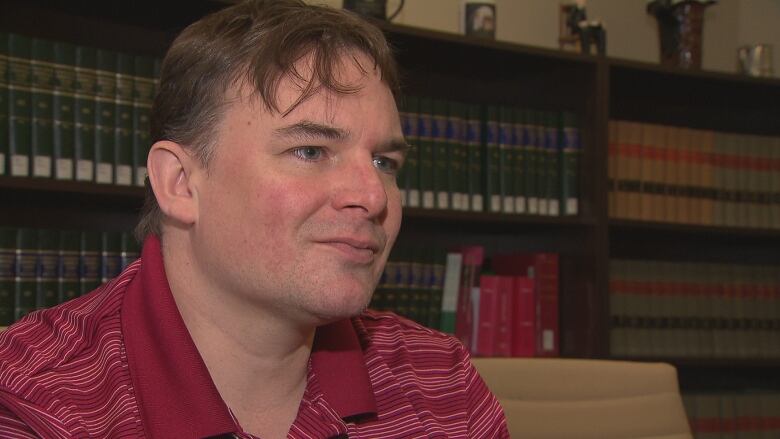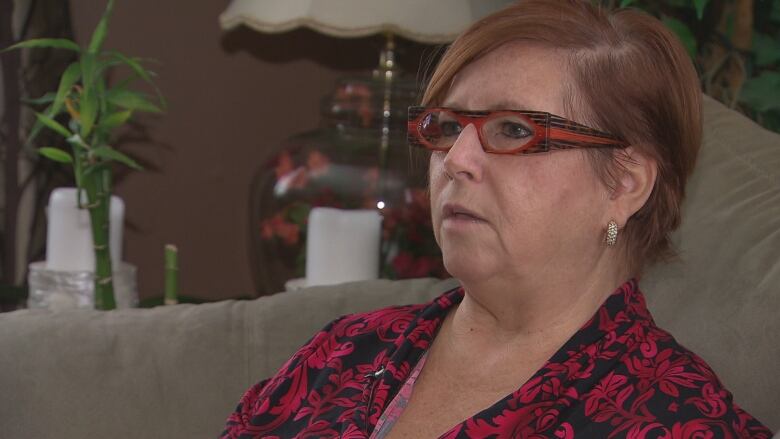27 delay motions filed for criminal cases in Manitoba

Manitoba defence lawyers in more than two dozen criminal cases ranging from sexual assault to bank robbery have asked for their cases to be stayed, citing unacceptable delays in getting to trial.
The requests comes after a July Supreme Court ruling setting new rules for an accused's right to be tried within a reasonable time.
- Supreme Court sets new deadlines for completing trials
- Supreme Court ruling on unreasonable delays sets tight deadlines
According to the ruling, cases before superior courts must be completed within 30 months of charges being laid. Provincial court trials must be completed within 18 months of charges being laid, but may be extended to 30 months if there is a preliminary inquiry.
Since the ruling, Manitoba defence lawyers have brought 27 applications for stays of proceedings for criminal cases.
So far, none of the delay motions have been successful.
About half of the applications have been resolved by being dismissed or withdrawn, or after the defendant entereda guilty plea or proceedings were stayed for a reason other than the delay motion.
Delays 'endemic to Manitoba,' defence lawyer says
Scott Newman of the Criminal Defence Lawyers Association said delays have been stacking up in Manitoba courts for some 20 years.
"The only thing that surprises me about the number of delay motions is that there isn't more of them," Newman said on Friday.

He said he wants to see Manitoba Justice bring in more resources, including courtrooms, court clerks, judges and sheriffs, to address backlog and prevent it from building up again.
"That would be the best-case scenario, is we deal with these issues. If we do what Manitoba has done for going on two decades now, we're going to see more and more people sitting in jail waiting for their day in court," he said.
Even if delay motions aren't granted, he said lengthy waits influence trials in other ways, including plea bargains or outright dropping of charges.
Newman added that delays are more problematic in certain jurisdictions. Winnipeg is "not great," he said, but wait times are worse in rural locations such as fly-in areas and remote reserves.
Long waits 'horrendous,' victim advocate says
Karen Wiebe of the Manitoba Organization for Victim Assistance (MOVA) said delays of any type are "horrendous" for families, but she doesn't want to see any cases thrown out as a result.

She echoed Newman's call for more resources and said trialscan play an important role in healingfor victims' families.
"As a result of [a trial], at some point, you get to face those people with your victim impact statement and tell them, you know, what they've done, the impact that they've had on you and family and of course, the person that's been lost," Wiebe said.
- Families of homicide victims take part in Winnipeg march
- Cooper Nemeth brings up 'every negative emotion' for mother of T.J. Wiebe
Wiebe's son T.J. was 20 when he was murdered in 2003. She and her family waited nine months for a trial. Court proceedings are the reason she knows some of the information she does about how her son died, she said.
"You're never done with [grief], but in the preliminary parts of it you don't know anything," she said. "In many cases, if it's a child that's been murdered, you don't know the people involved, you don't know what happened, you don't know why it happened. You don't necessarily even know how they died, and you find all of that out at trial."
With files from Courtney Rutherford












_(720p).jpg)


 OFFICIAL HD MUSIC VIDEO.jpg)
.jpg)



























































































